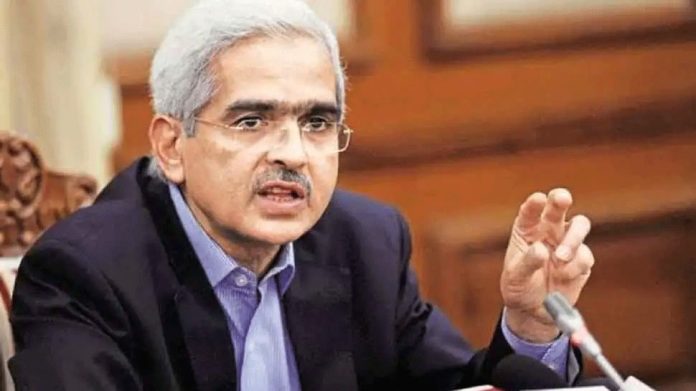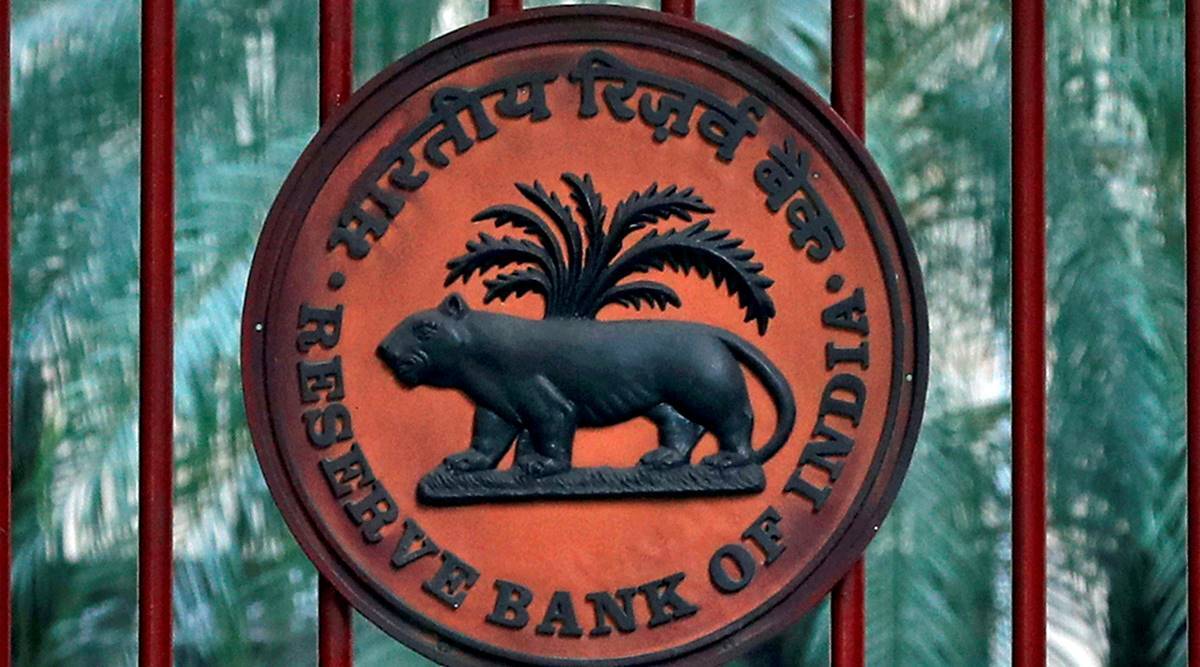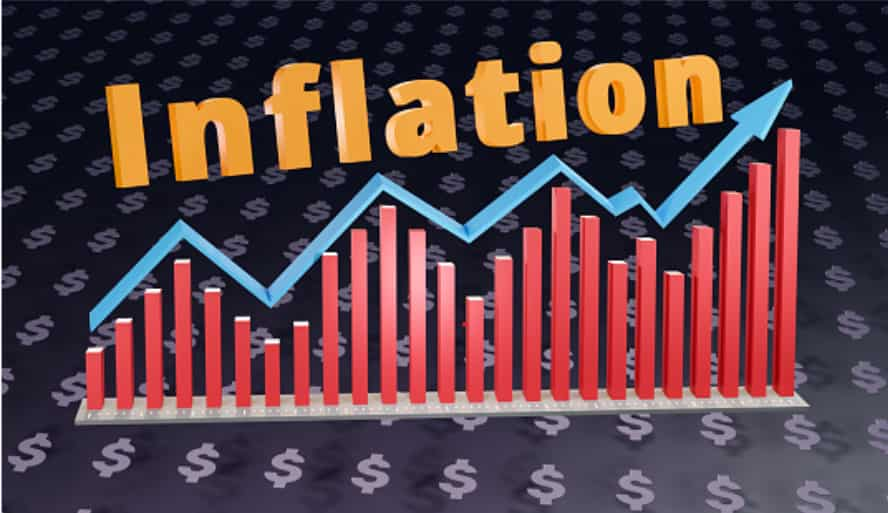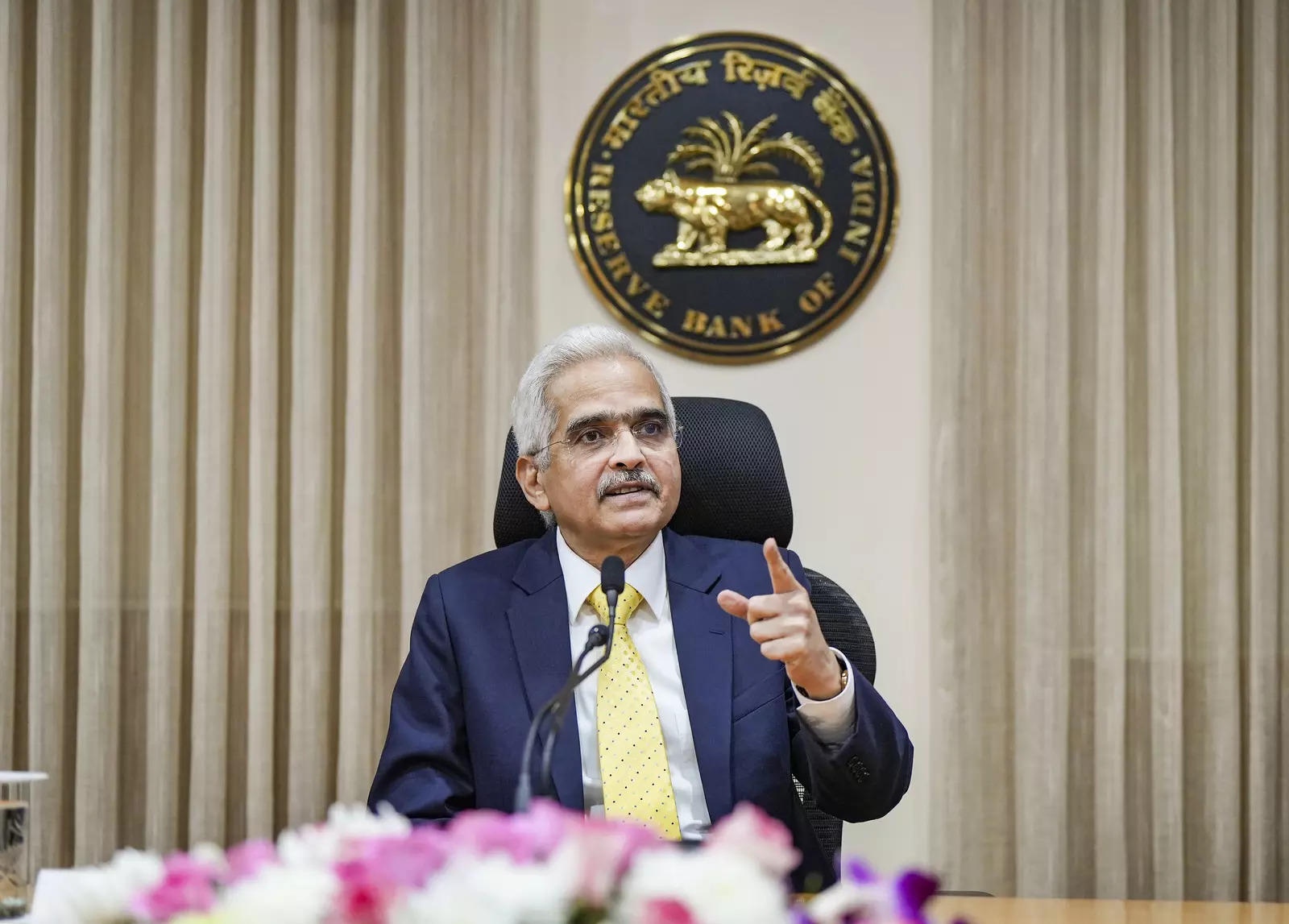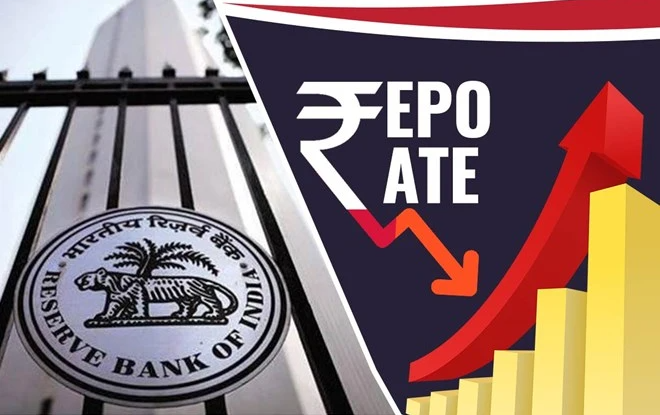For a while now, the people have received respite from RBI regarding the steadily rising interest rates. In its first bimonthly monetary policy review (MPC) of the current fiscal year, the RBI did not alter the repo rate. The RBI’s repo rate has only been held at 6.5 percent. Bank failures in the US continue to be a problem, according to RBI Governor Shaktikanta Das, who presented the bimonthly monetary policy review. The Monetary Policy Committee’s (MPC) three-day meeting concluded today with the release of its findings.
Maintained the repo rate at its prior level.
The Monetary Policy Committee unanimously decided to maintain the repo rate at 6.5 percent, according to RBI Governor Shaktikanta Das. The repo rate was kept at its existing level to maintain economic expansion. He indicated that if necessary, we would act in accordance with the circumstances. The banking and NBFC financial systems, according to the governor of the RBI, are still robust.
Estimated economic growth rate is 7 percent
The RBI predicts that in 2022–2023, the economic growth rate will be 7%. The governor of the RBI stated that the inflation rate is still very high. The process of raising interest rates, which had begun in May 2022 but had not yet increased the inflation rate, has come to an end. Let us inform you that the repo rate has risen by 2.5 percent by the central bank as of May 2022. The repo rate has grown throughout this time from 4% to 6.5%. It is now operating at the maximum level of four years.
The inflation rate is still high.
A top official had told before to the MPC announcement that the central bank should hold off till inflation falls below 6%. Let us inform you that inflation is still high and could soon have an impact on those with lesser incomes. Let me inform you that in February, the retail inflation rate decreased slightly to 6.44 percent. Previously, in January, it was at 6.52 percent.
Who was most relieved?
Maintaining the repo rate at the previous level will help customers taking loans from various banks the most. There is currently no chance of banks raising the interest rates on any form of loan. The RBI’s potential increase in the repo rate will undoubtedly affect the banks’ interest rates. As a result, the clients’ home loan repayment installments would have gone up.
The stock market is recovering
Previously, the rupee began at 81.95 against the US dollar in the early trade on the interbank foreign exchange market, depreciating 5 paise. On Wednesday, the rupee increased 42 paisa to close at 81.90 against the US dollar. On the other hand, the possibility of an interest rate increase caused the stock market to open lower than usual before the MPC conclusions were announced. The 30-share BSE Sensex initially started trading at 59,524.15 points, down 165.16 points. The Nifty began trading at 17,511,55 points, down 45.5 points. The stock market breathed a sigh of relief following the MPC’s pronouncement and began to rebound in waves.
The repo rate is what?
Repo rate refers to the interest rate at which the RBI lends money to banks. Banks will be charged more for loans from the RBI if the repo rate is raised. This will result in higher house loan, auto loan, and personal loan interest rates, which will directly affect your EMI.
Read More: Bike photo taken by the police! verify whether the challan has been deducted or not

|
|
 YouTube YouTube |
Click Here |
 Facebook Page Facebook Page |
Click Here |
 Instagram Instagram |
Click Here |
 Telegram Channel Telegram Channel |
Click Here |


